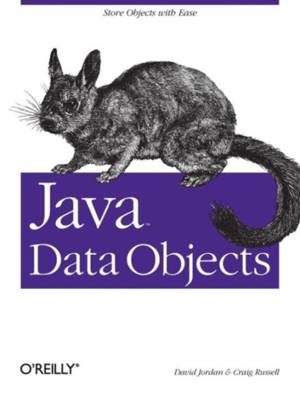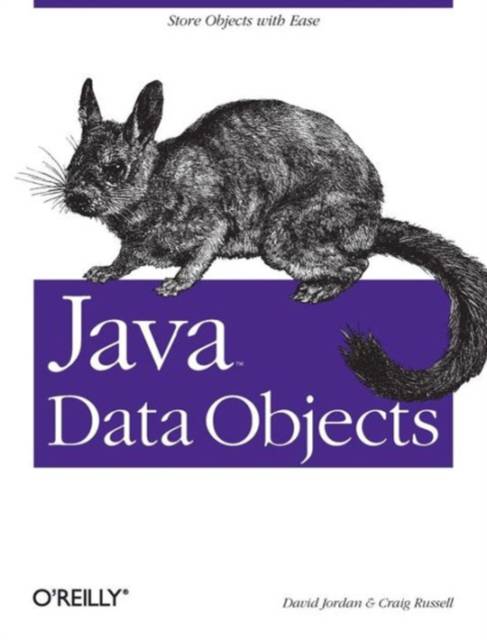
- Afhalen na 1 uur in een winkel met voorraad
- Gratis thuislevering in België vanaf € 30
- Ruim aanbod met 7 miljoen producten
- Afhalen na 1 uur in een winkel met voorraad
- Gratis thuislevering in België vanaf € 30
- Ruim aanbod met 7 miljoen producten
Omschrijving
The result is software that is truly object-oriented: not code that is partially object-oriented, with a large database-shaped lump on the back end. JDO lets you save plain, ordinary Java objects, and does not force you to use different data models and types for dealing with storage. As a result, your code becomes easier to maintain, easier to re-use, and easier to test. And you're not tied to a specific database vendor: your JDO code is entirely database-independent. You don't even need to know whether the datastore is a relational database, an object database, or just a set of files.
This book, written by the JDO Specification Lead and one of the key contributors to the JDO Specification, is the definitive work on the JDO API. It gives you a thorough introduction to JDO, starting with a simple application that demonstrates many of JDO's capabilities. It shows you how to make classes persistent, how JDO maps persistent classes to the database, how to configure JDO at runtime, how to perform transactions, and how to make queries. More advanced chapters cover optional features such as nontransactional access and optimistic transactions. The book concludes by discussing the use of JDO in web applications and J2EE environments.
Whether you only want to read up on an interesting new technology, or are seriously considering an alternative to JDBC or EJB CMP, you'll find that this book is essential. It provides by far the most authoritative and complete coverage available.
Specificaties
Betrokkenen
- Auteur(s):
- Uitgeverij:
Inhoud
- Aantal bladzijden:
- 380
- Taal:
- Engels
- Reeks:
Eigenschappen
- Productcode (EAN):
- 9780596002763
- Verschijningsdatum:
- 27/05/2003
- Uitvoering:
- Paperback
- Formaat:
- Trade paperback (VS)
- Afmetingen:
- 181 mm x 230 mm
- Gewicht:
- 612 g

Alleen bij Standaard Boekhandel
Beoordelingen
We publiceren alleen reviews die voldoen aan de voorwaarden voor reviews. Bekijk onze voorwaarden voor reviews.











